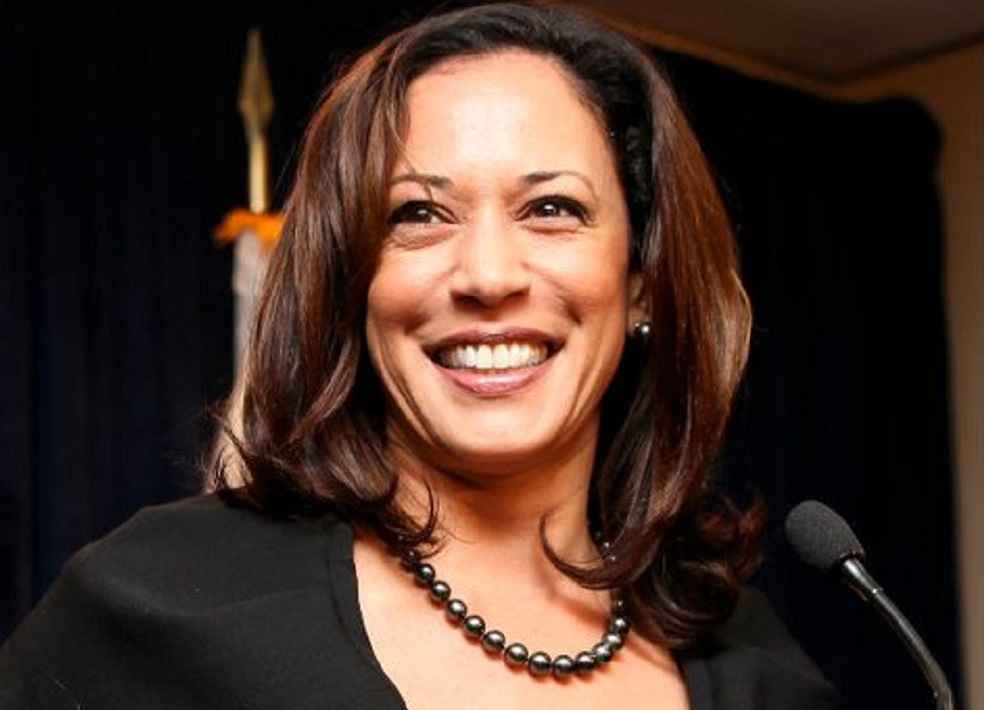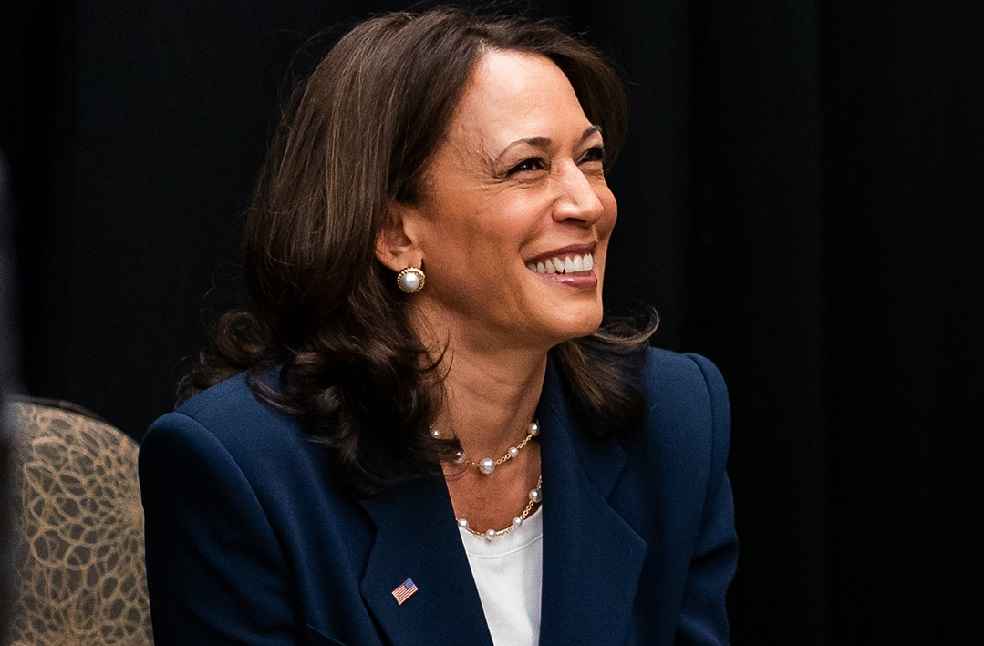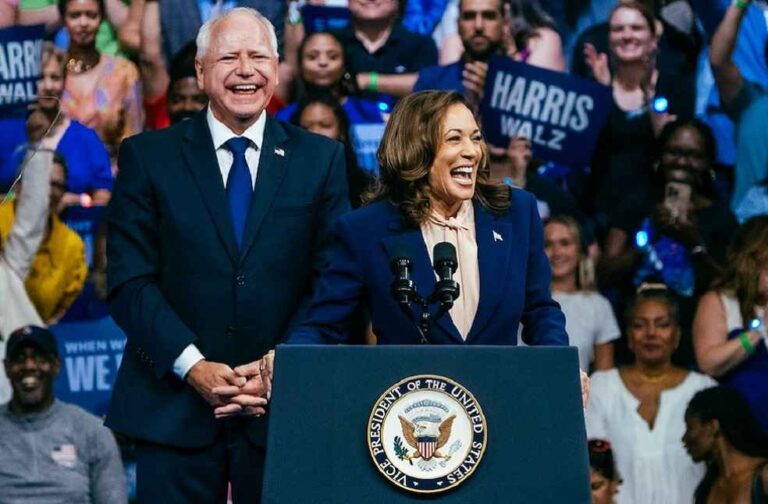As Kamala Harris embarks on her 2024 presidential campaign, she confronts a longstanding challenge in American politics—persistent gender bias. Despite progress in gender equality, the United States has yet to elect a female president, a reality that continues to shape the political landscape.
The American political system, historically dominated by men, has created an environment where female candidates face additional hurdles. In 2024, women represent 28% of Congress, with 150 women serving—25 in the Senate and 125 in the House of Representatives. While this marks progress since the early 20th century, substantial barriers to equal representation remain.
Gender Stereotypes
Women in politics often contend with gender stereotypes that associate strong leadership traits with men. This double standard can undermine female candidates’ campaigns, as seen in Hillary Clinton’s 2016 presidential run. Kamala Harris’s 2024 campaign could similarly be affected by these biases, which question a female candidate’s likeability and emotional stability.
Media Representation
The media’s portrayal of female candidates often differs from that of their male counterparts, focusing on appearance and likeability over policies and qualifications. This disparity skews public perception, making it harder for female candidates to convey their political agendas effectively.
Political Experience

No woman has ever held the U.S. presidency, and the underrepresentation of women in high-ranking political offices reinforces stereotypes that leadership roles are primarily suited for men. This can discourage women from pursuing political careers and perpetuates the notion that women are less qualified for the presidency.
Voter Bias
Implicit biases among voters also play a significant role. Some voters may unconsciously prefer male candidates, influenced by societal norms and stereotypes about gender roles and leadership qualities. These biases can affect voting decisions, further disadvantaging female contenders.
Kamala Harris’s 2024 Campaign
Harris’s 2024 campaign is expected to face these gender-based challenges head-on. Drawing lessons from Clinton’s 2016 campaign, Harris must navigate concerns about electability, double standards, and media scrutiny. Despite her qualifications and experience, overcoming deeply ingrained gender biases remains a significant challenge.
Perceptions of Electability
Despite her qualifications, Harris will likely face questions about her electability based on gender, an issue that plagued Clinton’s 2016 campaign. Donald Trump has already questioned Harris’s electability, framing her as too radical for mainstream America and capitalising on her previous low polling numbers to cast doubt on her ability to garner widespread voter support.
Racist Attacks and Double Standards
Trump has also targeted Harris on racial grounds, questioning her identity and background. These attacks are designed to alienate Harris from potential voters and create additional hurdles for her campaign. She is likely to encounter double standards similar to those faced by Clinton, where her actions and behaviours are judged more harshly than those of her male counterparts.
Media Scrutiny
The media will likely focus more on Harris’s personality, appearance, and public speaking style than on those of her male competitors. Harris has already faced biased media coverage, with scrutiny on her prosecutorial record and personal background.
Sexist Attacks

Harris will have to contend with sexist rhetoric from opponents and certain segments of the electorate. Trump’s use of derogatory language mirrors the double standards often faced by women in politics, where assertiveness and strength are negatively portrayed.
Historical Precedent
The failure of Hillary Clinton’s campaign, despite her high qualifications, might reinforce the belief that a female candidate cannot win the presidency. This poses an additional challenge for Harris as she seeks to break the glass ceiling in American politics.
In her 2024 campaign, Harris must confront and overcome entrenched gender biases. Emphasising her qualifications and vision will be crucial in appealing to a broad spectrum of voters. While the journey ahead is challenging, Harris’s campaign represents a critical step towards greater gender equality in U.S. political leadership.
TRENDING | Activists oppose lowering legal marriage age to 9 for girls in Iraq



